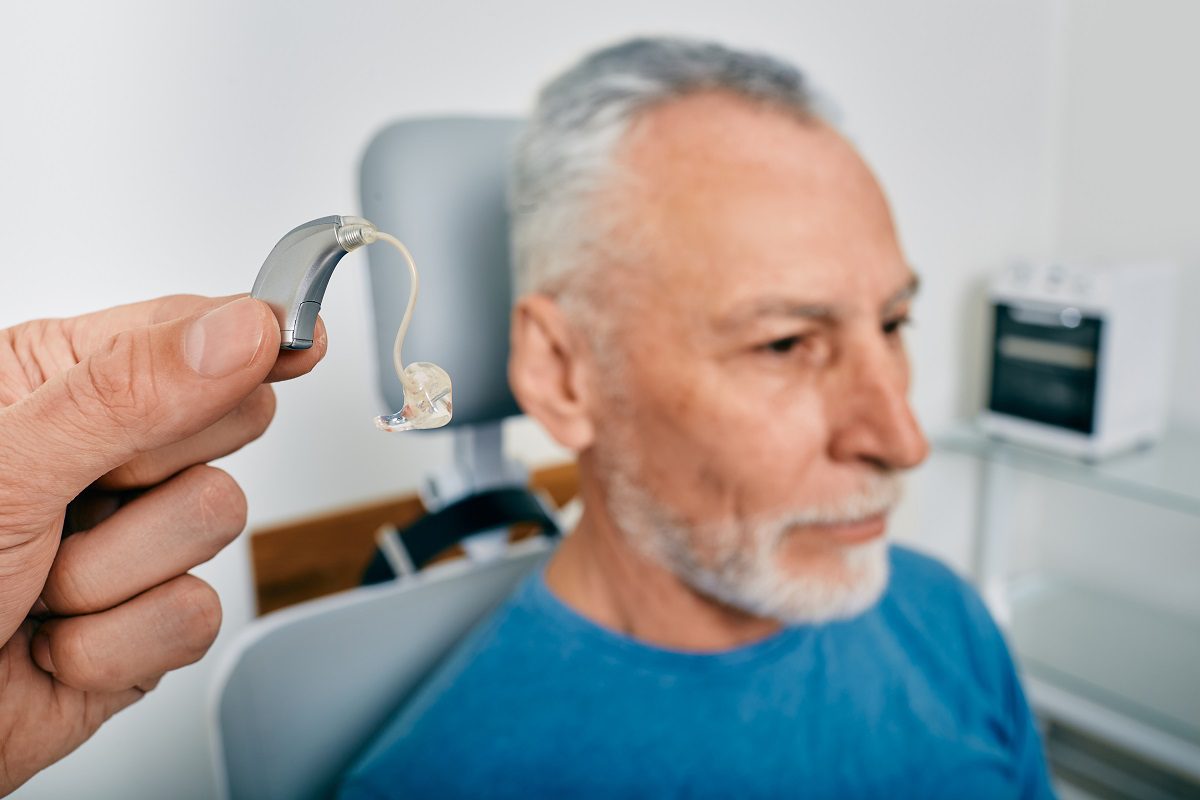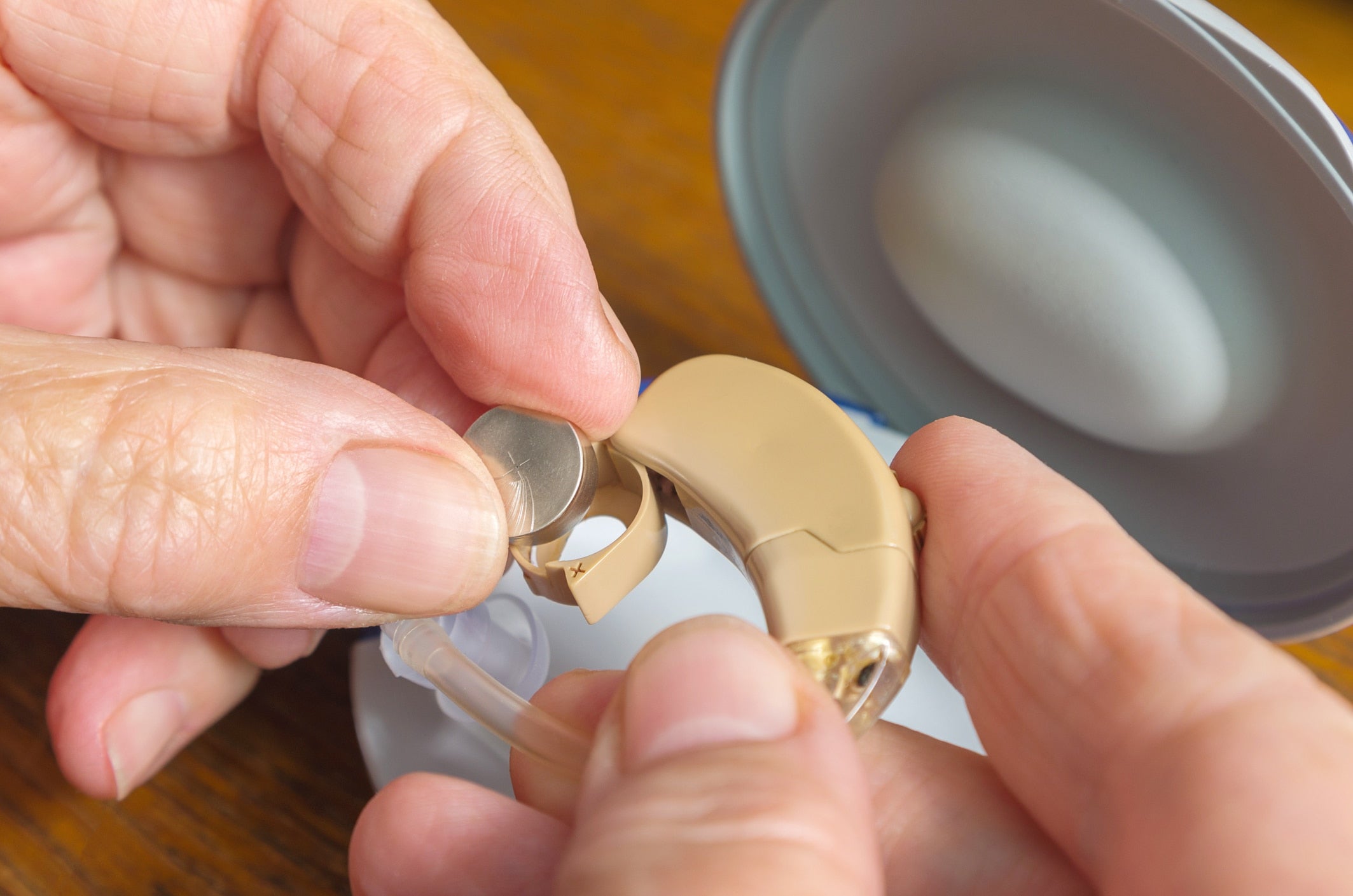Family gatherings are wonderful—filled with laughter, stories, and food—but they’re also one of the toughest listening environments for people with hearing loss. Between clattering dishes, overlapping conversations, and background music, even the best hearing aids can feel overwhelmed.
If you’ve ever thought, “I just can’t keep up with conversations at family parties”, this Q&A guide is for you. We’ll explain how to adjust your hearing aids in noisy settings, plus tips for managing fatigue and enjoying time with loved ones.
Q1: Why are family gatherings so challenging for hearing aid users?
Because they combine almost every type of background noise:
-
Multiple talkers → overlapping voices confuse the brain.
-
Reverberation → dining rooms with hard surfaces bounce sound.
-
Background music or TV → adds competing sound layers.
-
Clinking dishes and cutlery → sudden high-pitched noise spikes.
Even advanced hearing aids can struggle to separate voices from chaos. That’s why manual adjustments and smart strategies make a big difference.
Q2: Should I change my hearing aid program before the event?
Yes—most hearing aids come with multiple listening programs. Before a noisy family event, try:
-
“Speech in Noise” or “Restaurant Mode”: Prioritizes voices over background sounds.
-
Directional microphones: Focuses on the person in front of you.
-
Music mode off: Music-friendly settings amplify background tones, which you don’t want here.
Ask your audiologist to program a “Party” or “Social” setting you can easily switch to with your app or button press.
Q3: How do I adjust hearing aids once I’m already at the gathering?
-
Reduce overall volume slightly. It lowers background noise without cutting speech clarity too much.
-
Activate noise reduction features. Most modern aids have adaptive filters.
-
Use directional focus. Point mics toward the person you’re speaking with. Some apps let you “steer” the microphones with your phone.
-
Balance streaming. If the host plays music too loud, some hearing aids allow you to dampen background channels via app control.
Q4: Are hearing aid apps useful in these situations?
Absolutely. Most top brands (Phonak, ReSound, Oticon, Starkey, Widex) have companion apps that let you:
-
Adjust volume for each ear separately.
-
Toggle between programs.
-
Reduce background noise sensitivity.
-
Shift microphone focus (front, side, or 360°).
Pro tip: Make adjustments discreetly on your phone—it’s faster and less noticeable than fiddling with the device.
Q5: What seating strategies help in noisy gatherings?
Where you sit matters just as much as your device settings:
-
Choose a quieter spot (away from speakers, kitchen, or TV).
-
Sit with your back to the wall. It reduces sound coming from behind you.
-
Face good lighting. Lipreading and visual cues boost understanding.
-
Position yourself near people you want to converse with. Proximity makes hearing easier.
Q6: How do I handle conversations when multiple people are talking at once?
-
Ask for one speaker at a time. Most family members will happily slow down if you explain.
-
Use group conversation cues. If you miss something, politely ask for a quick repeat or summary.
-
Stay engaged with body language. Even if you miss some words, nodding, smiling, and leaning in helps connection.
Remember, you don’t have to catch every single word to enjoy the moment.
Q7: Can I use accessories to improve hearing at family gatherings?
Yes—wireless accessories can make a world of difference:
-
Remote microphones: Place one near the person you want to hear best (great for dinner-table conversations).
-
Table microphones: Some models automatically focus on the active speaker.
-
Streamers: Send sound directly to your hearing aids, bypassing background chaos.
If you attend frequent social events, ask your audiologist about these add-ons.
Q8: What about background music—should I ask the host to turn it down?
Yes—and don’t feel guilty.
Background music often makes conversation nearly impossible for hearing aid users. Politely say:
“Would you mind lowering the music a little? It’s hard for me to hear conversations with it so loud.”
Most hosts will gladly adjust—it helps everyone, not just you.
Q9: How do I manage listening fatigue at long family events?
Noisy environments tire the brain quickly when you’re working harder to hear. Combat fatigue by:
-
Taking short breaks in quieter rooms.
-
Switching off your aids for a few minutes to rest your ears.
-
Practicing selective listening. Focus on one or two conversations instead of trying to catch everything.
-
Stay hydrated and breathe. Stress worsens listening fatigue.
Q10: Should I wear both hearing aids at noisy gatherings?
Yes, always. Wearing both improves sound localization—your brain uses input from both ears to identify voices and filter noise. Removing one makes it harder to focus and can increase fatigue.
Q11: How can family members make things easier?
Encourage loved ones to:
-
Get your attention before speaking.
-
Face you directly, not talk from another room.
-
Speak clearly, not loudly. Shouting distorts speech.
-
Be patient with repeats. Quick summaries help keep you included.
A little awareness from family can transform your experience.
Q12: What if I still feel isolated at gatherings?
This is a common feeling, but you can take control:
-
Let people know about your hearing loss upfront. It reduces stigma and sets expectations.
-
Join smaller conversations instead of trying to follow the whole group.
-
Use humor: Lightly saying, “My ears need a break, who’s talking slower tonight?” keeps the mood positive.
-
Focus on connection, not perfection. Even partial participation beats total withdrawal.
Quick Tips: Hearing Aids at Family Gatherings
-
Switch to “speech in noise” or “party” mode.
-
Sit smart—quiet corner, good lighting, face key people.
-
Lower background music if possible.
-
Use apps and accessories for fine-tuning.
-
Take listening breaks to reduce fatigue.
Final Takeaway
Yes, family gatherings are noisy and chaotic—but they don’t have to be isolating. With the right hearing aid adjustments, smart seating choices, and a few simple communication strategies, you can stay connected, reduce stress, and enjoy the people who matter most.
Your hearing aids are powerful tools—but you’re in control of how you use them.






Share:
Do Hearing Aids Affect My Sleep Quality?
Can Weather (Rain, Humidity, Cold) Damage My Hearing Aids?